
How to deal with difficult situations as a creative: Dina Brodsky


In this episode, Charuka Arora and Dina Brodsky had a conversation about their experiences with the internet, social media, and the arts. Dina Brodsky revealed her dislike of the internet but admitted that it has allowed her to have a successful career as a painter through her use of Instagram. She has also learned how to reverse engineer social media algorithms and gain success through these platforms. Despite her dislike of the internet, she remains grateful for the opportunities it has provided.
Topics covered in this podcast
- 00:00 Conversation between Charuka Arora and Dina Brodsky on Social Media and the Arts
- 06:08 I Exploring An Artist’s Relationship with Social Media
- 07:25 How Social Media Helped Her Career
- 11:27 The Challenges of Parenting
- 12:51 Exploring the Benefits of Algorithmic Learning of Social Media
- 14:31 the Impact of Patriarchal Society on Women’s Careers
- 16:14 Gender Roles and Unappreciated Work of Women
- 30:28 Overcoming Creative Challenges As An Artist
- 31:55 Conversation on the Challenges of Being a Housewife
- 49:51 Exploring Creativity, Perfectionism, and Finding Flow States
- 56:51 Conversation on Technology’s Impact on Creative Processes
About Dina Brodsky
Dina Brodsky is a contemporary realist miniaturist, painter, and curator. She was educated at the University of Massachusetts Amherst,t and the New York Academy of Art, where she received her MFA. She lives and works in New York City. She has taught privately, and in several institutions including the Castle Hill Center for the Arts, the Long Island Academy of Fine Art, and the Metropolitan Museum of Art.
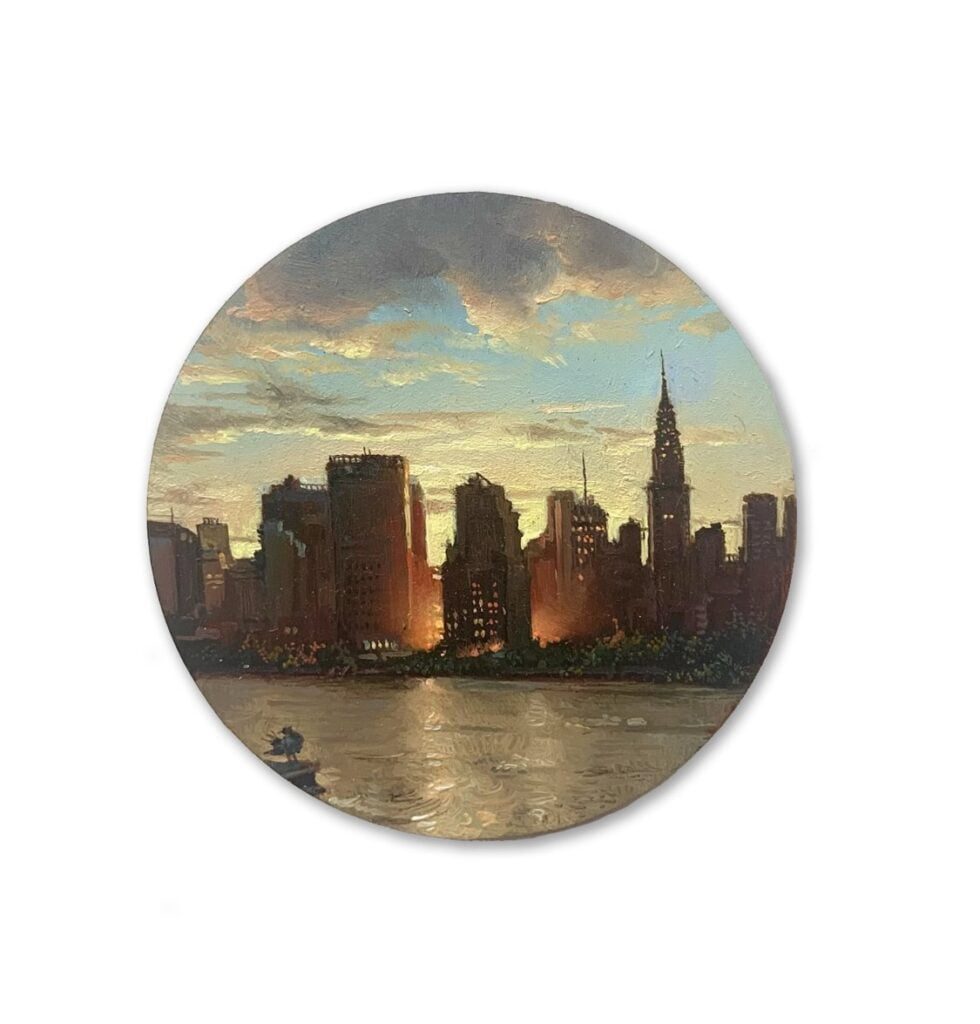


Watch & Listen to this podcast Episode
Key Highlights from the Episode
In this podcast episode, Charukaarora and Dina Brodsky discussed the internet, social media, and the arts, and how the internet has allowed Dina to have a successful career as a painter through her use of Instagram. Despite her dislike of the internet, she is still grateful for the opportunities it has provided.
Q. Charuka: How is your relationship with social media today? Let’s start with that. How would you define it?
A: Dina Brodsky: I still despise the internet. You know, I still think it’s the most disruptive statement to everything that I actually like about life. It’s kind of like being in the moment and being in the present, and all of the things I enjoy about art and life. And the internet is the opposite of that, and social media is the worst part of the internet. But. Um, I’m also extremely grateful for it, and I do it; it appears to be my other skill.
I paint, and it appears that my other skill is reverse engineering social media algorithms.
Dina brodsky
which I occasionally do for fun, such as when Tiktok came along. You know, I think I was just so curious about how it worked, and I spent a week fiddling around with it, trying to figure out what makes an algorithm tick.

Q. Charuka: But how does that happen to someone who hates social media and does not like it as much? To be someone also helping a lot of artists to actually ace it and you’ve done that for yourself. So how has that happened?
A. Dina Brodsky: I was just messing around with it at some point, and I think I figured out how to just change the presentation of my work a little bit, and all of a sudden instead of 600 followers, I had like 10000, and all of a sudden all of these doors started opening up to me as I would, so I started getting invitations. Be in magazines, like actual print magazines, and you know, be in shows, and so all of a sudden I was like,
“Oh my god, this is much more control than I’ve ever had over my own career.”
Um, and it was all I had; I wasn’t as young as most people who were using it. like, “23,” you know, like, “I must have been a writer,” right? You know, it must have been around 30. So, I think everyone else was excited about it like a teenager, and I was like, “You know, like what was?” Ah, my career, in which I had tried many things that had failed, and by that point, I was having a very difficult time in the gallery world, and you know, just because of the nature of, well, my own personality. Possibly, but I’m also a miniature painter, which I’m not very good at. Um, it’s a miniature painting. It doesn’t sell for that much money. Galleries aren’t particularly attracted to it because, you know, even if the whole show sells out, they’re still not making that much.
Um, so by that point, I had tried a bunch of things. Um. As a gallery worker, I had a lot of bad experiences. And I had a lot of not; you know, it seemed like I wasn’t very good at what I was doing. I was told that I should do it in grad school because I wasn’t good at going to openings and networking and trying to meet the gallery director or trying to meet a famous painter and trying to get them to introduce me to the gallery director.
So all of it Yeah, it just gave me a lot of anxiety, and Instagram was the same, in that it didn’t take much time. But it also, you know, all of a sudden, I ended up with, like, 10,000 people, which felt like a huge following to me, right? um.
But I think I saw what it could do, so I kept doing it because it didn’t take long and it was the only thing I did that paid off.
Q: Charuka: I want to know how your own relationship with social media has impacted your art.
A: Dina Brodsky: I think of social media as the polar opposite of art, so it has not influenced how I present art. Basically to present whatever work I’m making but I don’t think and this is my recommendation Maybe for everyone. I don’t know. It’s not like I have that much wisdom in the world,
But don’t ever change your art based on what works for social media.



Liked what you read?
Listen to this & other episodes on

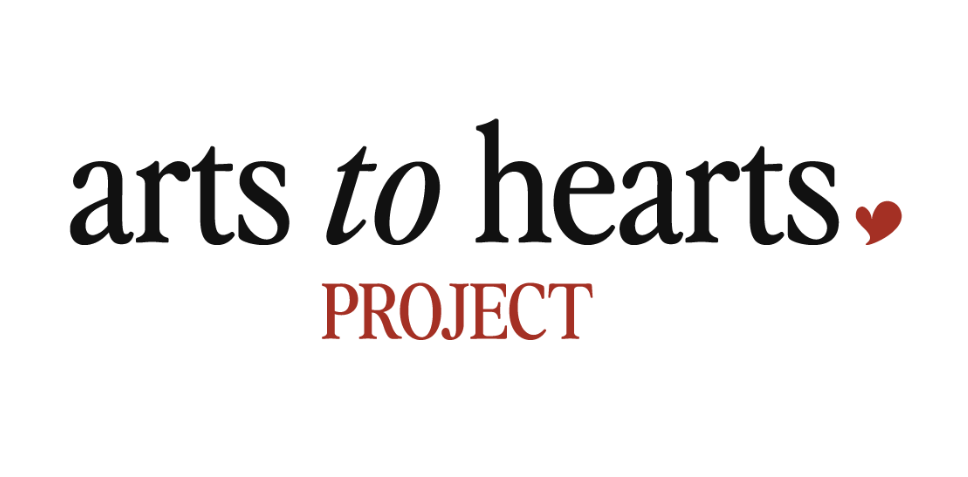
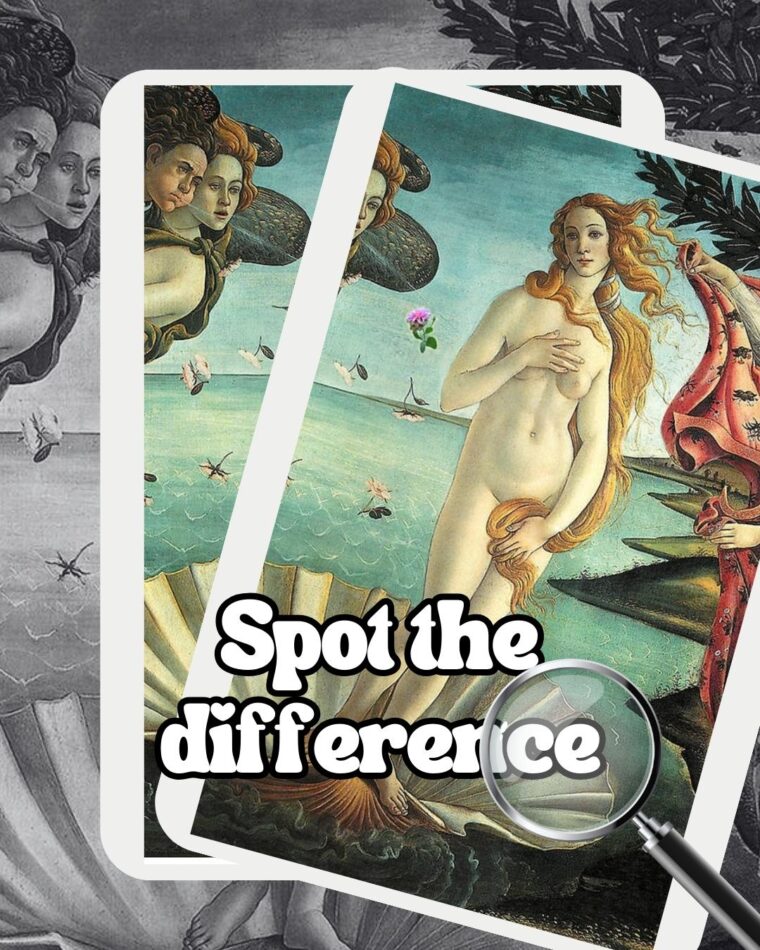
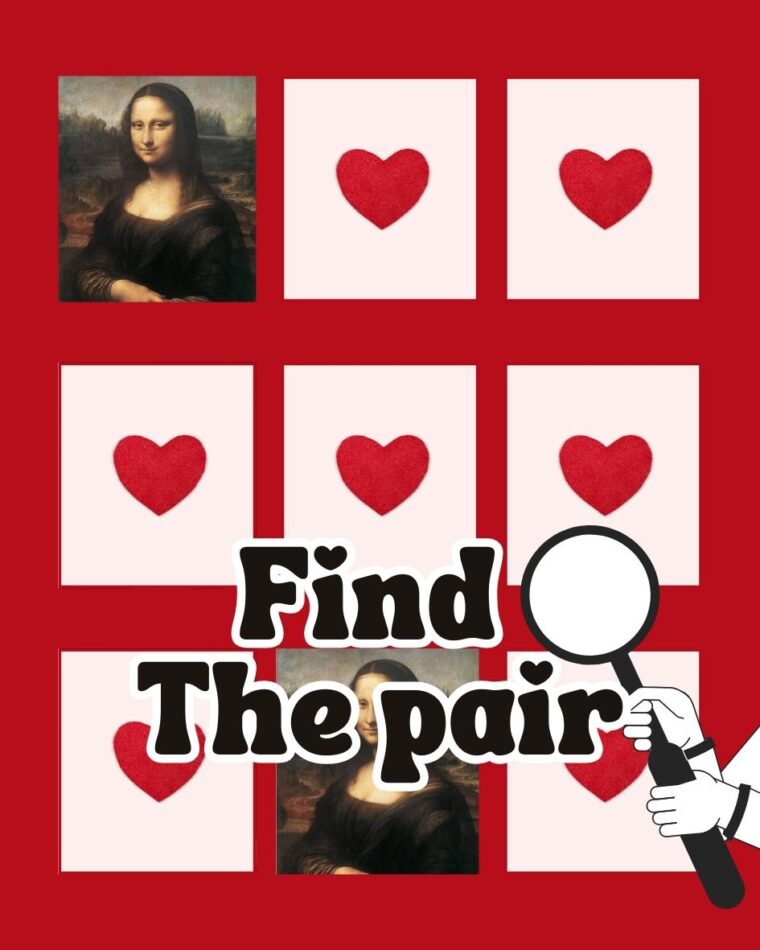
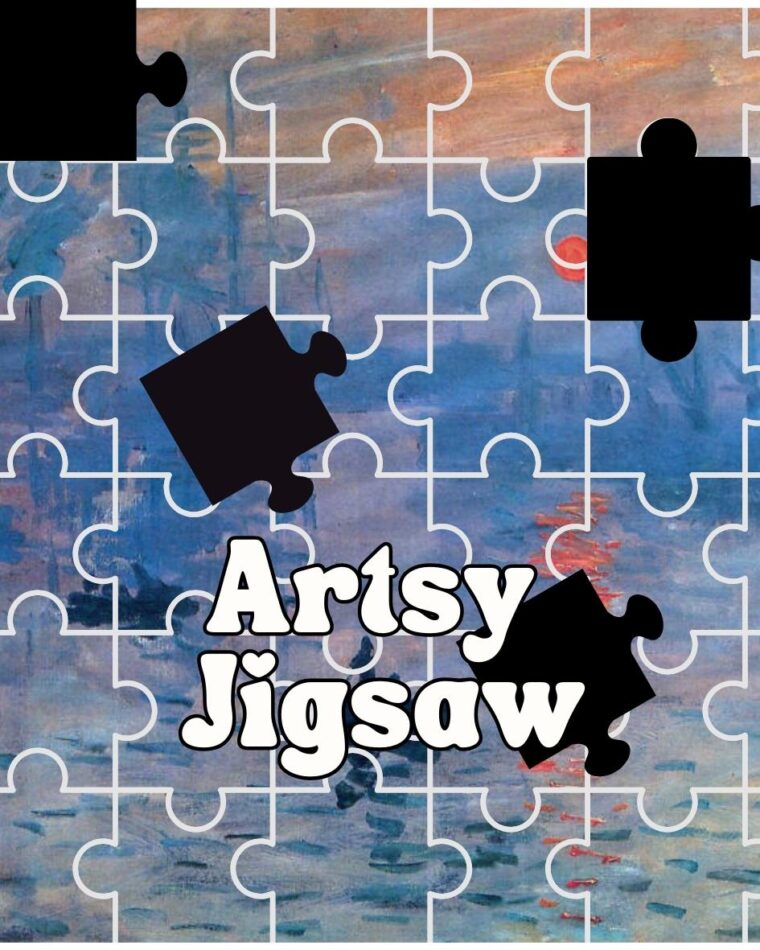
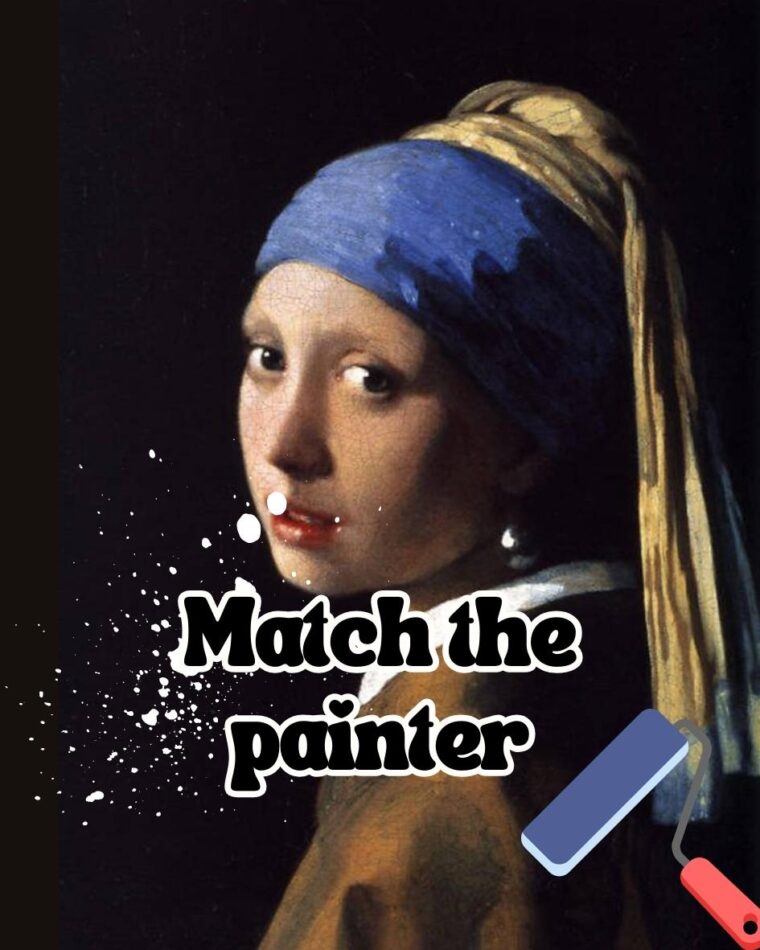
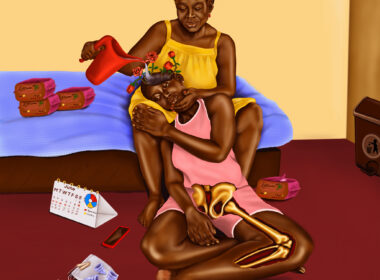
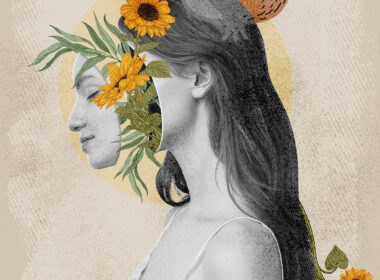
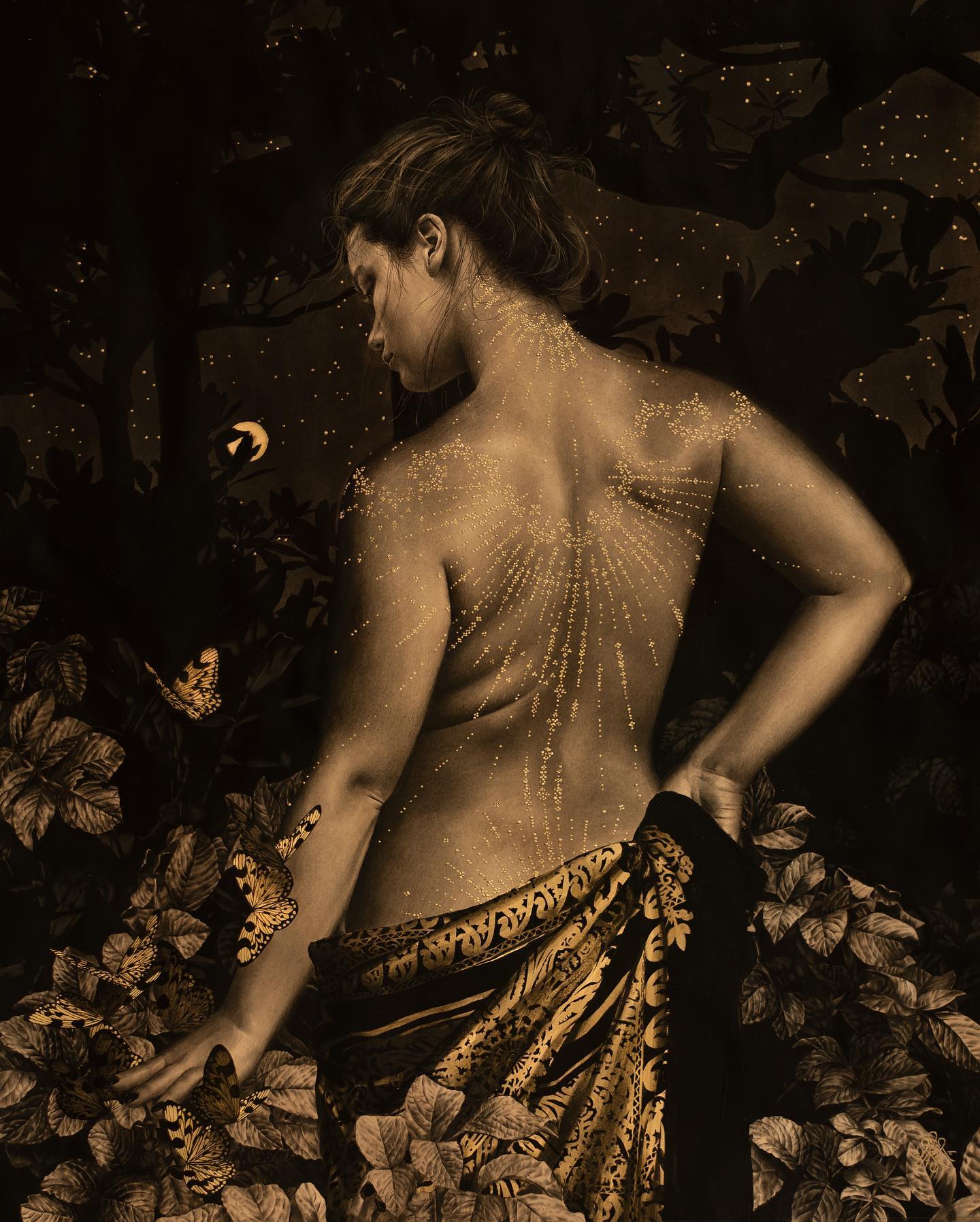


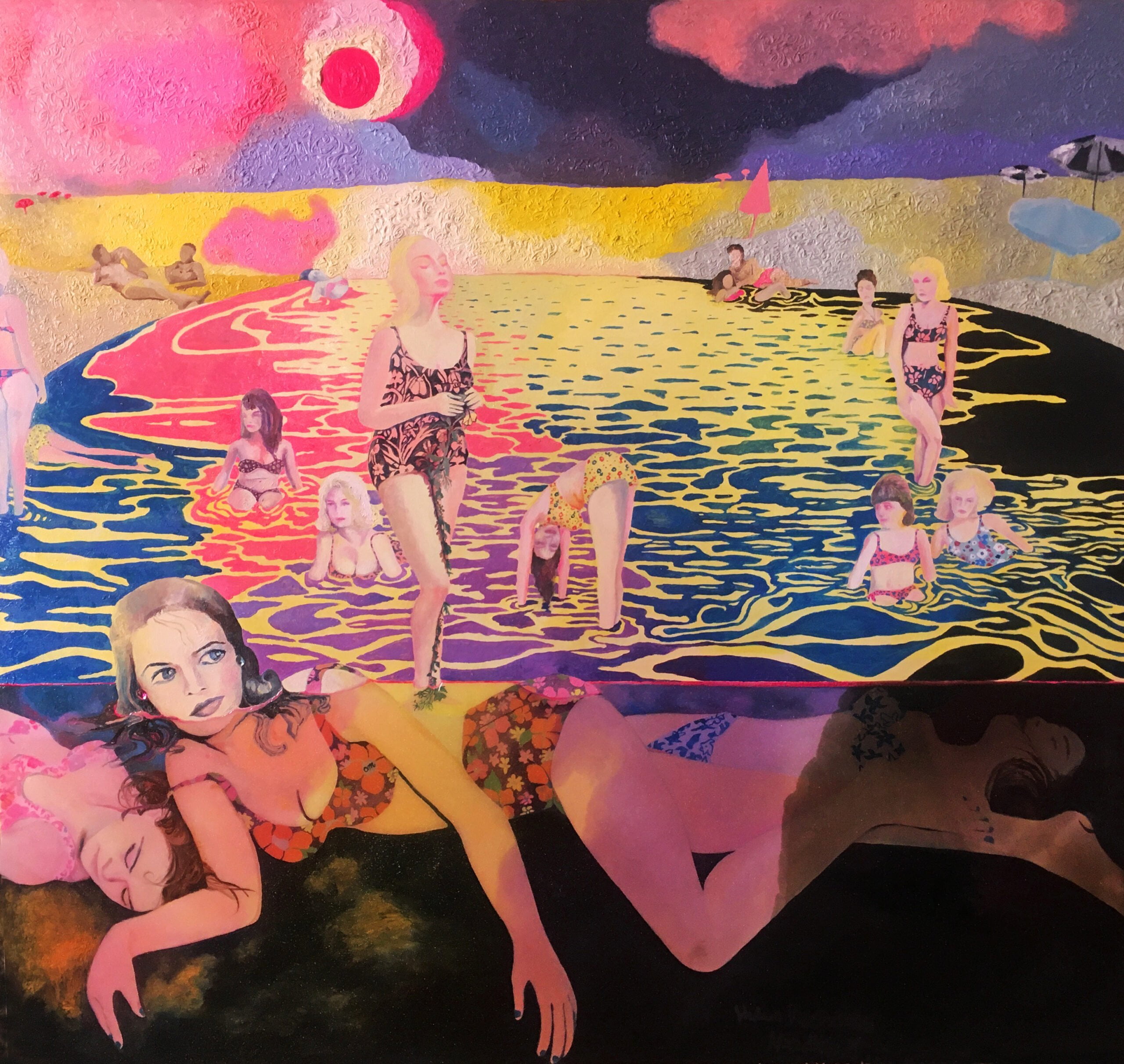
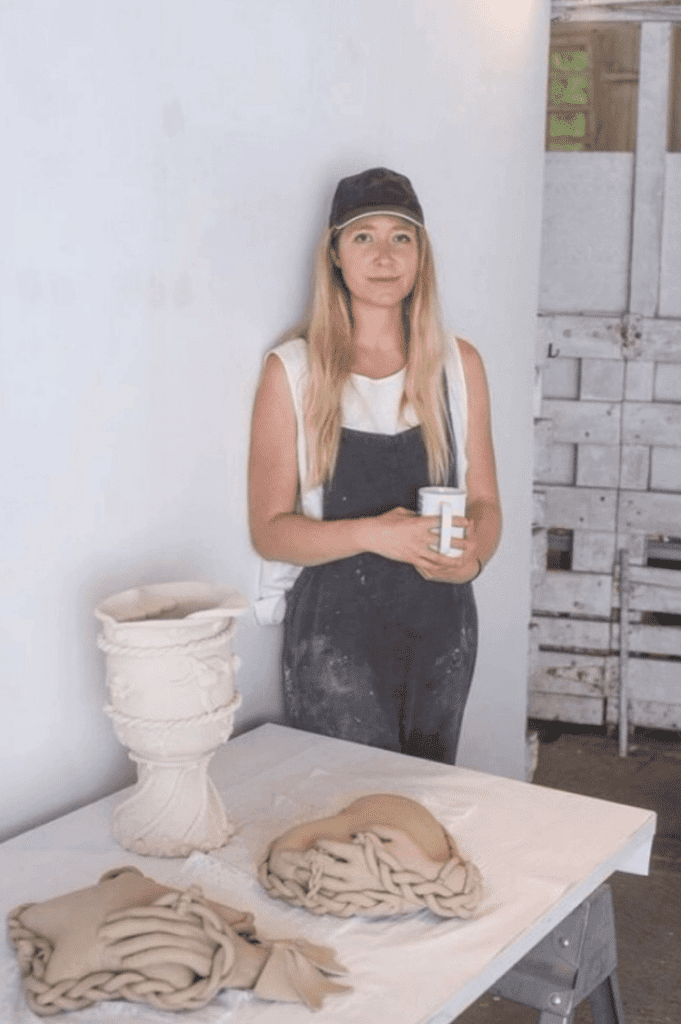
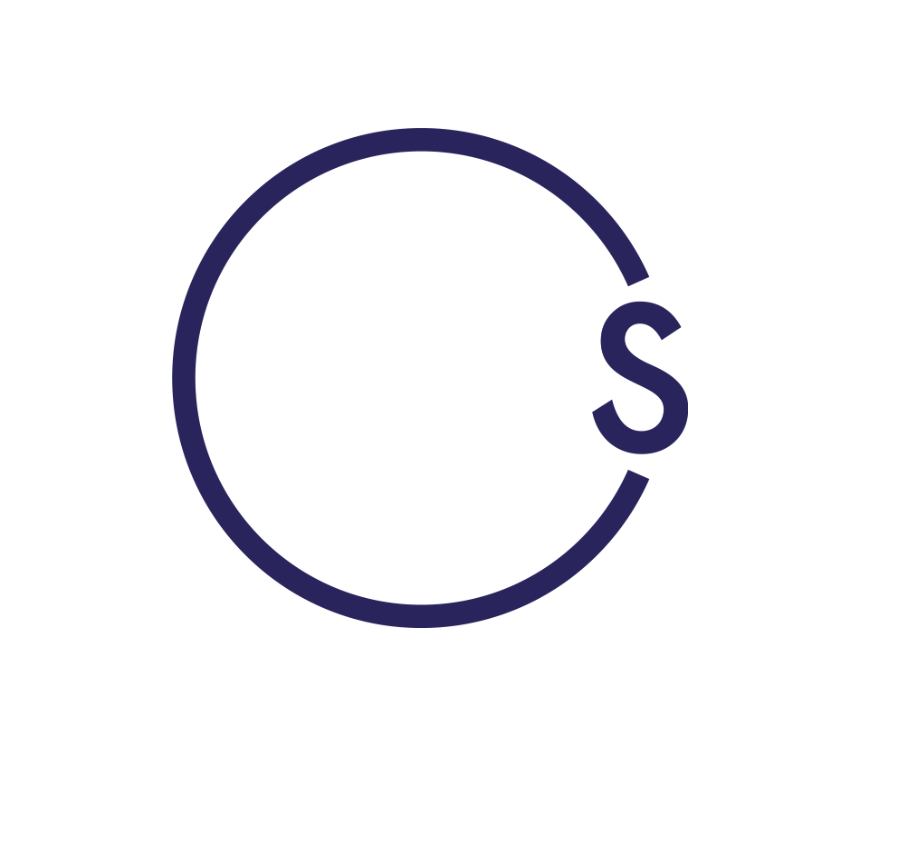
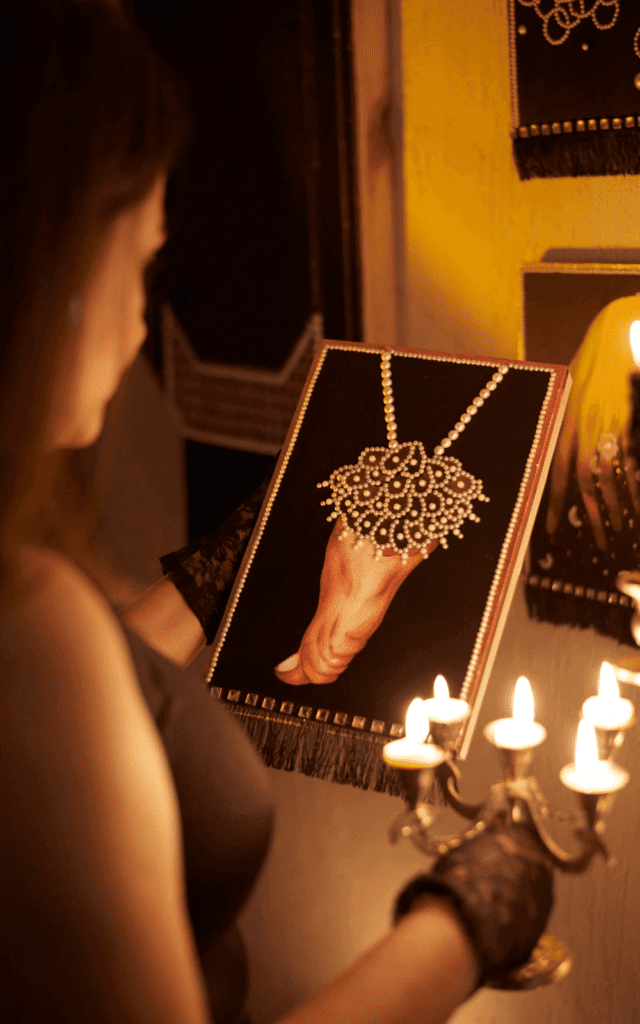
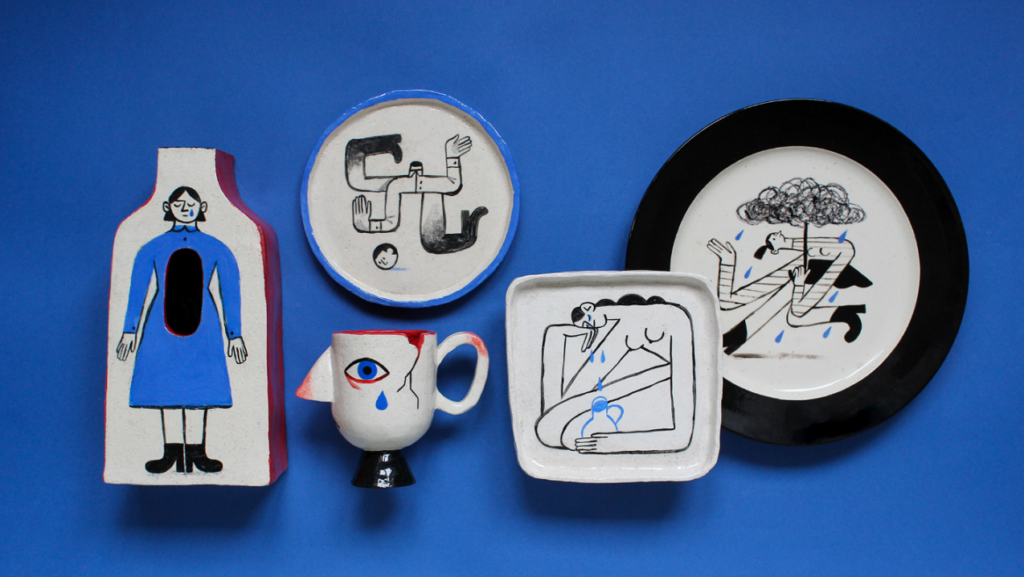
Comments 14